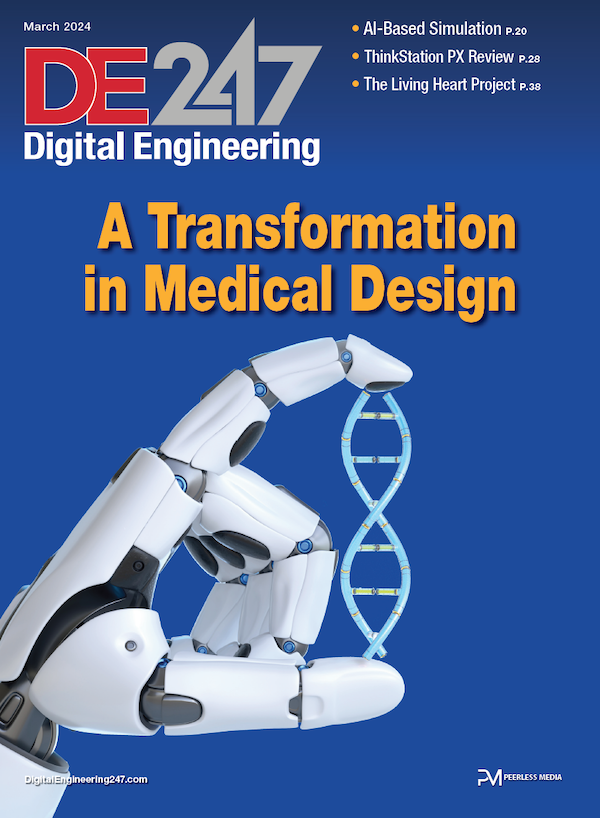
Student Cluster Competition (SCC) teams and advisors come from all areas of HPC. Image courtesy of SCC.
Latest News
November 1, 2017
Each year, the Supercomputing Conference (SC) includes the Student Cluster Competition (SCC). It began 10 years ago as a part of the conference.
Stephen Lien Harrell, a scientific application analyst in Research Computing at Purdue University, began working with the Student Cluster Competition in 2010 as an advisor to a team from Purdue.
 Student Cluster Competition (SCC) teams and advisors come from all areas of HPC. Image courtesy of SCC.
Student Cluster Competition (SCC) teams and advisors come from all areas of HPC. Image courtesy of SCC.He has since been the lead staff advisor for seven Purdue teams that have competed in the U.S., Germany and China. His leadership has progressed over the years and he was recently named the chair of the competition in 2016 and the present Chair for 2017.
Digital Engineering: Can you provide an overview of the Student Cluster Design Competition?
Stephen Harrell: The Student Cluster Competition at SC17 will be the 11th competition that has [taken place] at the Supercomputing Conference. It began in 2007 as an exhibition and undergraduate challenge to show how easy it is to build and run a small-sized high performance computing (HPC) cluster. However, it has since turned into an exciting and educational HPC competition that immerses undergraduates in HPC as a concept and a career both as practitioners and scientists. Over the years [it] has spawned similar events in China, Germany and South Africa. One thing that differentiates the SC17 conference version is that the teams compete around the clock, while the others shut down overnight.
Working with hardware and software vendor partners, student teams design and build small clusters, learn designated scientific applications [and] apply optimization techniques for their chosen architectures. Then they compete in a nonstop, 48-hour challenge at the SC conference, striving to complete a real-world scientific workload while impressing conference attendees and interview judges with their HPC knowledge. However, there is a twist: all HPC clusters must fit within 3,000 watts.
DE: Cn you tell us about some of the designs that are part of the event?
Harrell: We expect the majority of designs to be centered around three major architectures: IBM POWER8 with NVIDIA (P/V)100s, Intel Skylake with NVIDIA (P/V)100s and Intel’s Knights Landing. In addition we expect both an AMD Ryzen with Radeon accelerators and a system using ARM processors.
The designs are typically put together in collaboration with the students on the team, the team advisor and a vendor sponsor. Each team writes a proposal for participation that includes an architecture section and vendor selection.
Once a team is selected, they have until October to finalize their architecture. During this intervening time, students and advisors benchmark and profile the applications and talk to their vendor(s) about what the optimal architecture would be.
DE: Can you provide examples of what the event has produced?
Harrell: Our goal is to inspire students to join us in the HPC community. HPC is a large and varied field that lives on the leading edges of technology and science and needs smart and driven students to sustain it going forward. We have had success and regularly see our past competitors participating in the HPC community. Last year at SC16 we celebrated our 10th competition and invited past competitors to share the impact of the SCC on them.
DE: Who sponsors the program?
Harrell: Our supporters this year are SAIC (Science Applications International Corporation), Microsoft Azure, Geist and Alinea, now ARM.
More Info
ARM (formerly Allinea)
Subscribe to our FREE magazine, FREE email newsletters or both!
Latest News
About the Author
Jim Romeo is a freelance writer based in Chesapeake, VA. Send e-mail about this article to [email protected].
Follow DE





